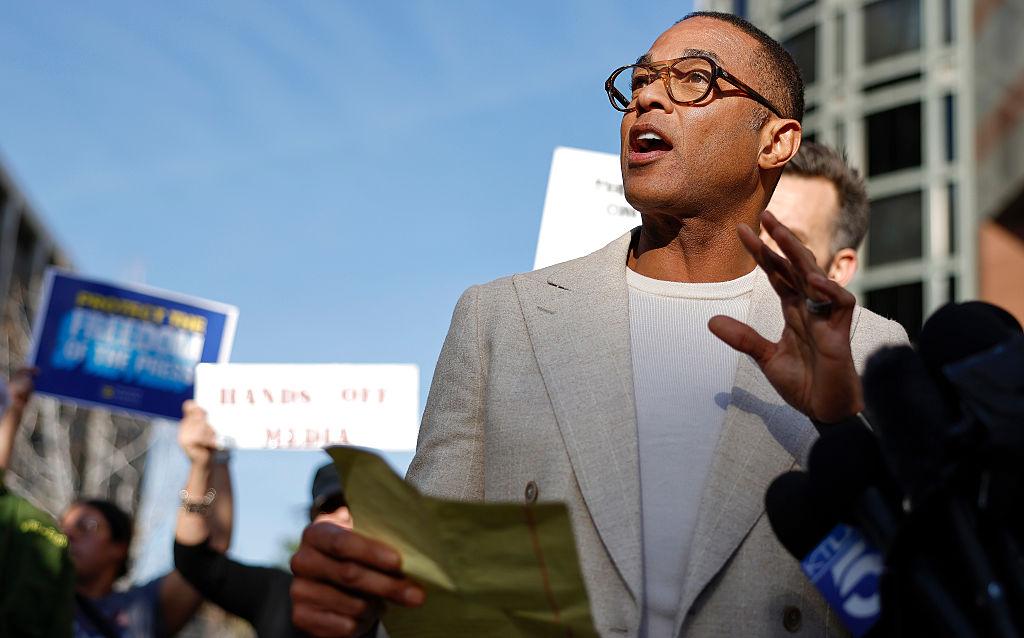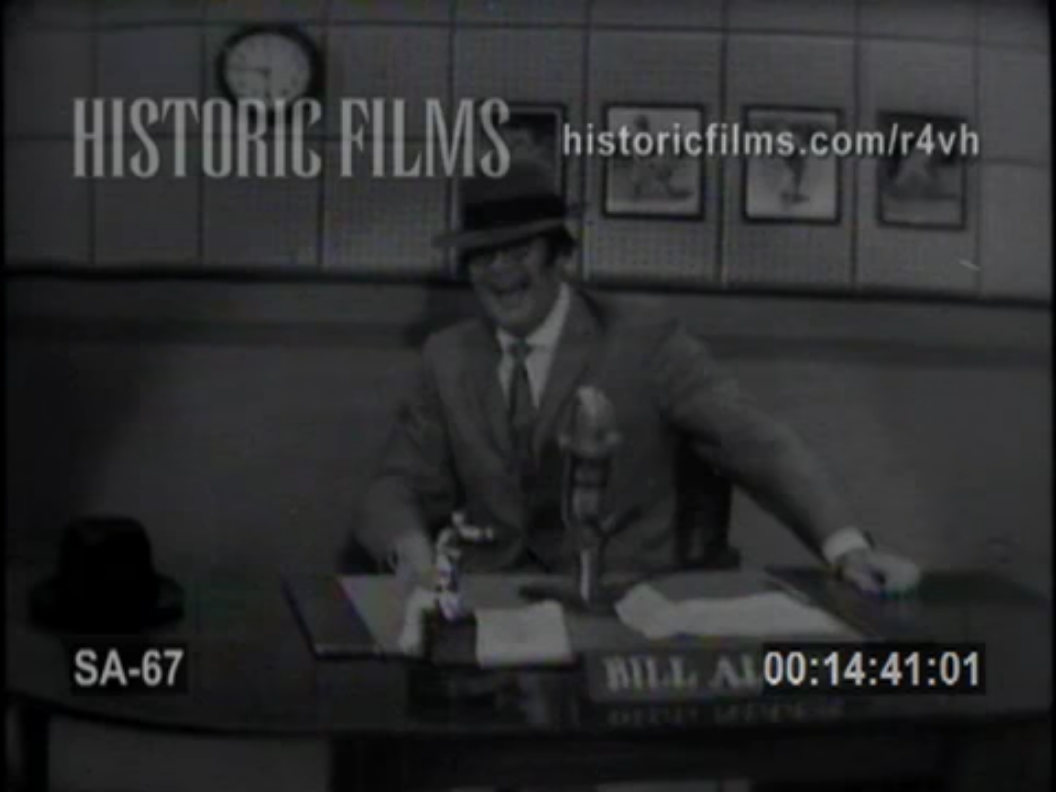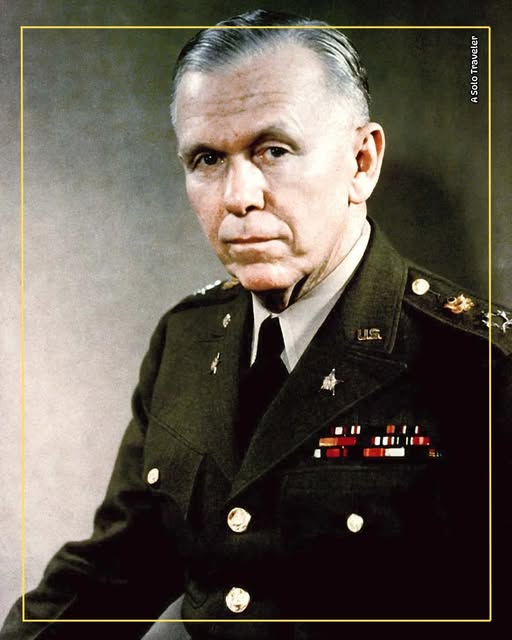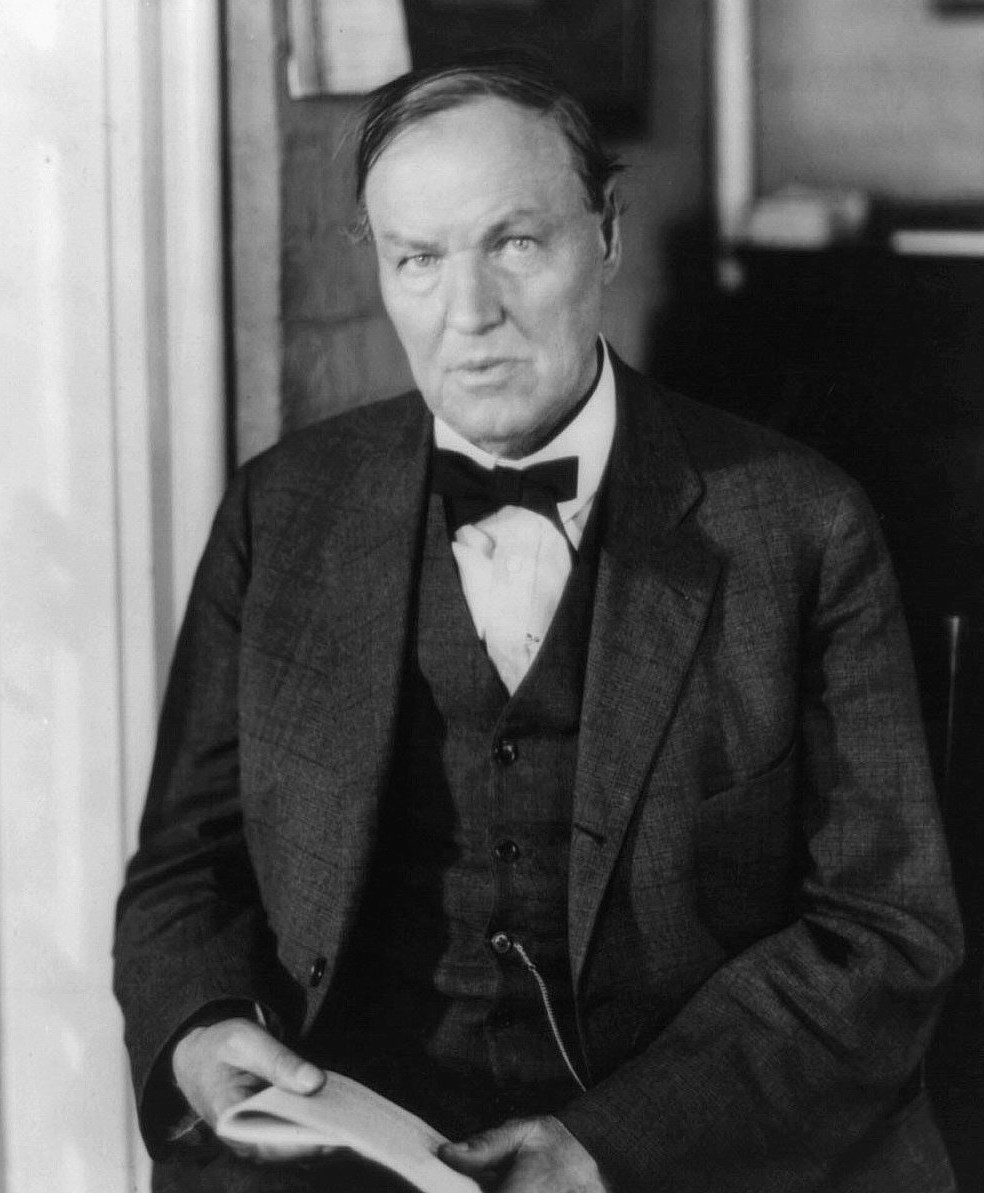On May 1, 1969, Fred Rogers – the venerable host of the Public Broadcasting Service show Mister Rogers’ Neighborhood – testified before the U.S. Senate Subcommittee on Communications which had jurisdiction over television and radio.
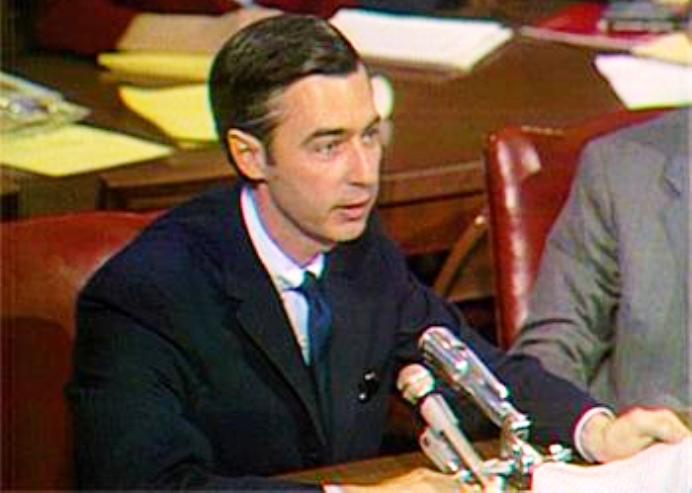
At the time, PBS received $20 million. However, due to the demands of the Vietnam War, President Nixon was looking to cut the funding in half. Committee Chair, Senator John Pastore, the former democratic governor of Rhode Island, was unfamiliar with Rogers or his television show aimed at caring about young children by talking directly to them.
The two men could not have been more different. Rogers was soft spoken; Pastore, could be combative. If you watch the tape, you can see that the senior senator begins with a “show-me” attitude.
“Alright Rogers, you’ve got the floor,” Pastore said.
Nonetheless, at the end of Rogers’ six-minute speech; a speech in which Rogers reads the words from one of his own songs, Pastore was the first to congratulate him on his admirable defense of PBS.
“Senator Pastore,” Rogers began, “this is a philosophical statement and would take about ten minutes to read, so I’ll not do that. One of the first things that a child learns in a healthy family is trust, and I trust what you have said that you will read this. It’s very important to me. I care deeply about children.
“Will it make you happy if you read it?” Pastore interjected.
Mr. Rogers: I’d just like to talk about it, if it’s alright.
My first children’s program was on WQED fifteen years ago, and its budget was $30. Now, with the help of the Sears-Roebuck Foundation and National Educational Television, as well as all of the affiliated stations — each station pays to show our program. It’s a unique kind of funding in educational television. With this help, now our program has a budget of $6,000. It may sound like quite a difference, but $6,000 pays for less than two minutes of cartoons. Two minutes of animated, what I sometimes say, bombardment. I’m very much concerned, as I know you are, about what’s being delivered to our children in this country. And I’ve worked in the field of child development for six years now, trying to understand the inner needs of children. We deal with such things as — as the inner drama of childhood. We don’t have to bop somebody over the head to…make drama on the screen. We deal with such things as getting a haircut, or the feelings about brothers and sisters, and the kind of anger that arises in simple family situations. And we speak to it constructively.
Senator Pastore: How long of a program is it?
Mr. Rogers: It’s a half hour every day. Most channels schedule it in the noontime as well as in the evening. WETA here has scheduled it in the late afternoon.
Senator Pastore: Could we get a copy of this so that we can see it? Maybe not today, but I’d like to see the program.
Mr. Rogers: I’d like very much for you to see it.
Senator Pastore: I’d like to see the program itself, or any one of them.
Mr. Rogers: We made a hundred programs for EEN, the Eastern Educational Network, and then when the money ran out, people in Boston and Pittsburgh and Chicago all came to the fore and said we’ve got to have more of this neighborhood expression of care. And this is what — this is what I give. I give an expression of care every day to each child, to help him realize that he is unique. I end the program by saying, “You’ve made this day a special day, by just your being you. There’s no person in the whole world like you, and I like you, just the way you are.” And I feel that if we in public television can only make it clear that feelings are mentionable and manageable, we will have done a great service for mental health.
I think that it’s much more dramatic that two men could be working out their feelings of anger — much more dramatic than showing something of gunfire. I’m constantly concerned about what our children are seeing, and for 15 years I have tried in this country and Canada, to present what I feel is a meaningful expression of care.
Senator Pastore: Do you narrate it?
Mr. Rogers: I’m the host, yes. And I do all the puppets and I write all the music, and I write all the scripts…
Senator Pastore: Well, I’m supposed to be a pretty tough guy, and this is the first time I’ve had goose bumps for the last two days.
Mr. Rogers: Well, I’m grateful, not only for your goose bumps, but for your interest in — in our kind of communication. Could I tell you the words of one of the songs, which I feel is very important?
Senator Pastore: Yes.
Mr. Rogers: This has to do with that good feeling of control which I feel that children need to know is there. And it starts out, “What do you do with the mad that you feel?” And that first line came straight from a child. I work with children doing puppets in — in very personal communication with small groups:
What do you do with the mad that you feel? When you feel so mad you could bite. When the whole wide world seems oh so wrong, and nothing you do seems very right. What do you do? Do you punch a bag? Do you pound some clay or some dough? Do you round up friends for a game of tag or see how fast you go? It’s great to be able to stop when you’ve planned the thing that’s wrong. And be able to do something else instead — and think this song —
‘I can stop when I want to. Can stop when I wish. Can stop, stop, stop anytime….And what a good feeling to feel like this! And know that the feeling is really mine. Know that there’s something deep inside that helps us become what we can. For a girl can be someday a lady, and a boy can be someday a man.’
Senator Pastore: I think it’s wonderful. I think it’s wonderful. Looks like you just earned the $20 million dollars.
According to the online website, Salon (Jan. 22), “CPB’s [the Corporation for Public Broadcasting which oversees both PBS and National Public Radio (NPR)] current federal appropriation request is $446 million, around $1 million more than it received in 2012. Out of that number, $222.8 million is allocated for station grants. These are funds that go directly to PBS member stations in markets across the country. Only $74.5 million of that total is earmarked for the programming itself.
“Should those numbers seem significant, put them within the context of the federal government’s proposed budget for 2017, which tops $4 trillion. By withholding or cutting PBS’s federal funds, the government would save enough money to buy each American citizen a pack of cheap gum.”
In exchange for the “cheap gum” we all get brilliant programming like Ken Burns’ “The Address,” about Lincoln’s Gettysburg Address; “Alzheimer’s Every Minute Counts”; “American Masters”; “American Experience”; and “A Capitol Fourth,” which broadcasts, live, the fourth of July celebration in our nation’s capitol.
Seems like a great bargain to me.
Comments

